Nigeria's worsening rate of maternal mortality
Economic crisis is making hospitals unaffordable, with women increasingly not receiving the care they need
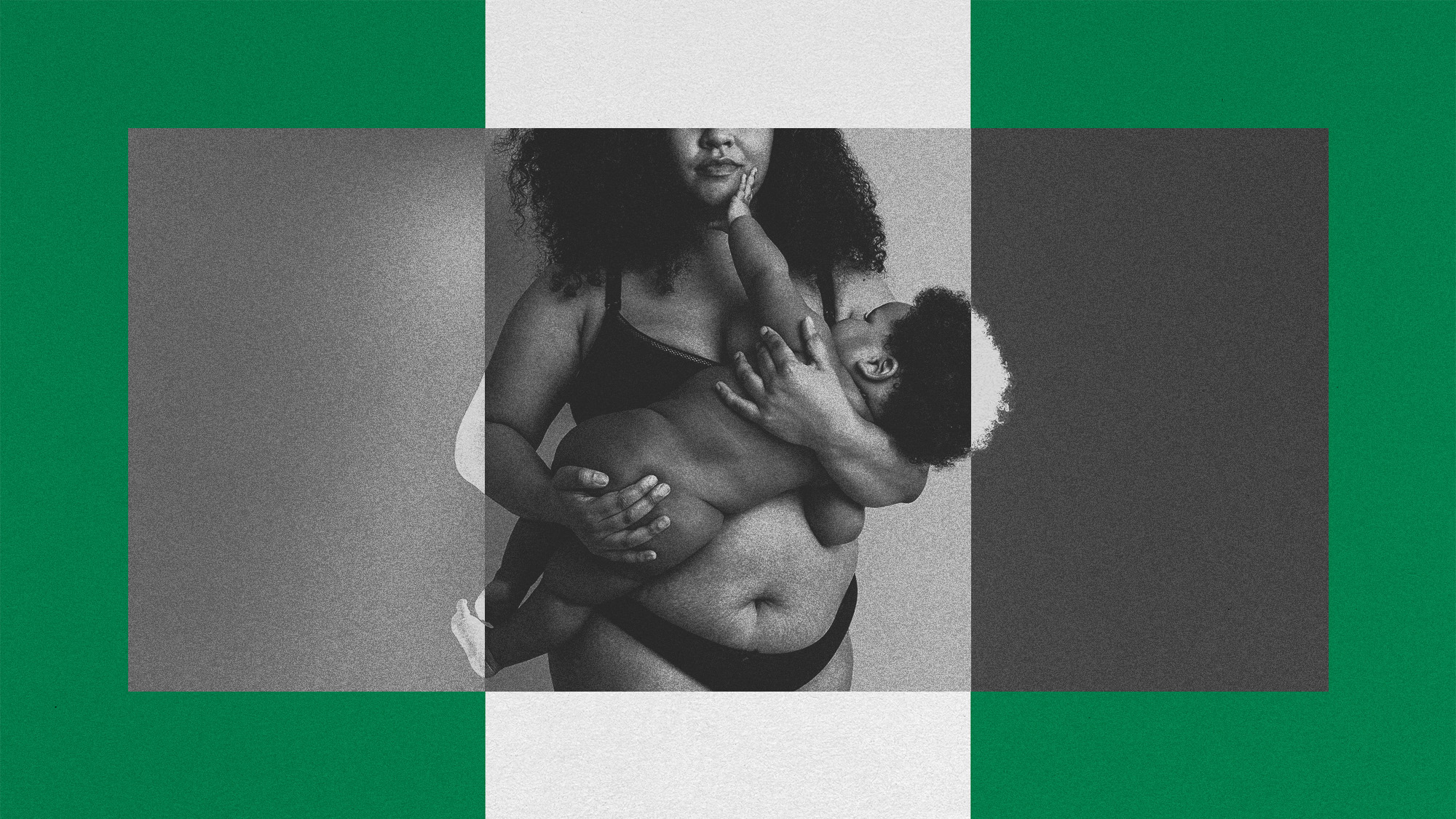
Despite its recent economic woes, Nigeria still boasts Africa's highest GDP – but one of the continent's worst outcomes for pregnant women.
This discrepancy in the inflation-battered but most populous African nation is also worsening. In 2020, about 82,000 Nigerian women died from pregnancy or childbirth-related complications, including severe haemorrhage, sepsis and unsafe abortions. That number might be "a slight improvement" on the previous year, but it's a marked increase on previous decades, said The Guardian.
And one of the highest in the world, in fact. Nearly 20% of all global maternal deaths happen in Nigeria, said the World Health Organization in 2019. A Nigerian woman had a 1 in 22 lifetime risk of dying during pregnancy, childbirth or postpartum/post-abortion. In most developed countries, the risk was 1 in 4,900.
The Week
Escape your echo chamber. Get the facts behind the news, plus analysis from multiple perspectives.

Sign up for The Week's Free Newsletters
From our morning news briefing to a weekly Good News Newsletter, get the best of The Week delivered directly to your inbox.
From our morning news briefing to a weekly Good News Newsletter, get the best of The Week delivered directly to your inbox.
The 'dire state' of Nigerian healthcare
"The huge burden of maternal death in Nigeria is second to only India," said a study published in the BMC Pregnancy Childbirth journal in 2022.
Looking at causes of maternal death at the Lagos University teaching hospital from 2007 to 2019, it revealed "an overall upward trend in maternal mortality of about 4% per annum".
One factor driving the problem, apart from the country's soaring debt and inflation crisis, is the low number of doctors. A functioning healthcare system should have one doctor for every 600 people, according to WHO guidance. In Nigeria, the ratio is one doctor for every 4,000-5,000 patients.
The healthcare budget this year is also only 5%, while the UN suggests at least 14%. "The dire state of healthcare prompts many medical professionals to emigrate, exacerbating the problems," said The Guardian.
A free daily email with the biggest news stories of the day – and the best features from TheWeek.com
Another issue is access. "Most Nigerians live in areas without well-equipped medical centres or have to pay upfront for treatment," said the paper, which makes some women reluctant to seek medical help. In the "densely populated" capital, Lagos, women must contend with "unreliable" public transport and heavy traffic that doesn't move even for ambulances.
"I understand that people are dying from lethal diseases, but pregnancy is not a disease," Moses Olusanjo, a senior consultant at the maternity ward of Lagos University hospital, told the paper.
"The problem of maternal mortality is a reflection of how our society works," he said. Reducing it is "solely within the power" of the country's leaders. "It takes political will to say that our women will not die."
The rise of traditional birth attendants
Faced with barriers to treatment, rural Nigerian women are increasingly relying on traditional birth attendants (TBA) and prayer houses during labour, said The Guardian Nigeria – rather than the skilled professionals the WHO recommends.
Although TBAs have long provided delivery care in Nigerian communities where strong cultural and religious beliefs persist, the growing economic hardship means many women cannot afford general or federal hospitals. Others are scared of the possibility of a birth ending in a caesarean section, said the paper. They are then convinced that a TBA is the best option to avoid complications – but if problems do arise, TBAs are generally not equipped to handle them.
At an antenatal check-up, a TBA "will not check your blood pressure, blood sugar; they won't even know if you have hypertension or diabetes in pregnancy, or if something is wrong with the baby", one doctor, Odunola Olabintan, told the paper. "They don't have that equipment."
"What we can do to encourage women to embrace hospitals is to make the services cheaper," she said. "Any serious government that wants to curtail maternal mortality and care for women would do so."
Most maternal deaths in Nigeria are preventable, according to the 2022 study. The country must "initiate, sustain and monitor useful interventions aimed at prevention".
Harriet Marsden is a writer for The Week, mostly covering UK and global news and politics. Before joining the site, she was a freelance journalist for seven years, specialising in social affairs, gender equality and culture. She worked for The Guardian, The Times and The Independent, and regularly contributed articles to The Sunday Times, The Telegraph, The New Statesman, Tortoise Media and Metro, as well as appearing on BBC Radio London, Times Radio and “Woman’s Hour”. She has a master’s in international journalism from City University, London, and was awarded the "journalist-at-large" fellowship by the Local Trust charity in 2021.
-
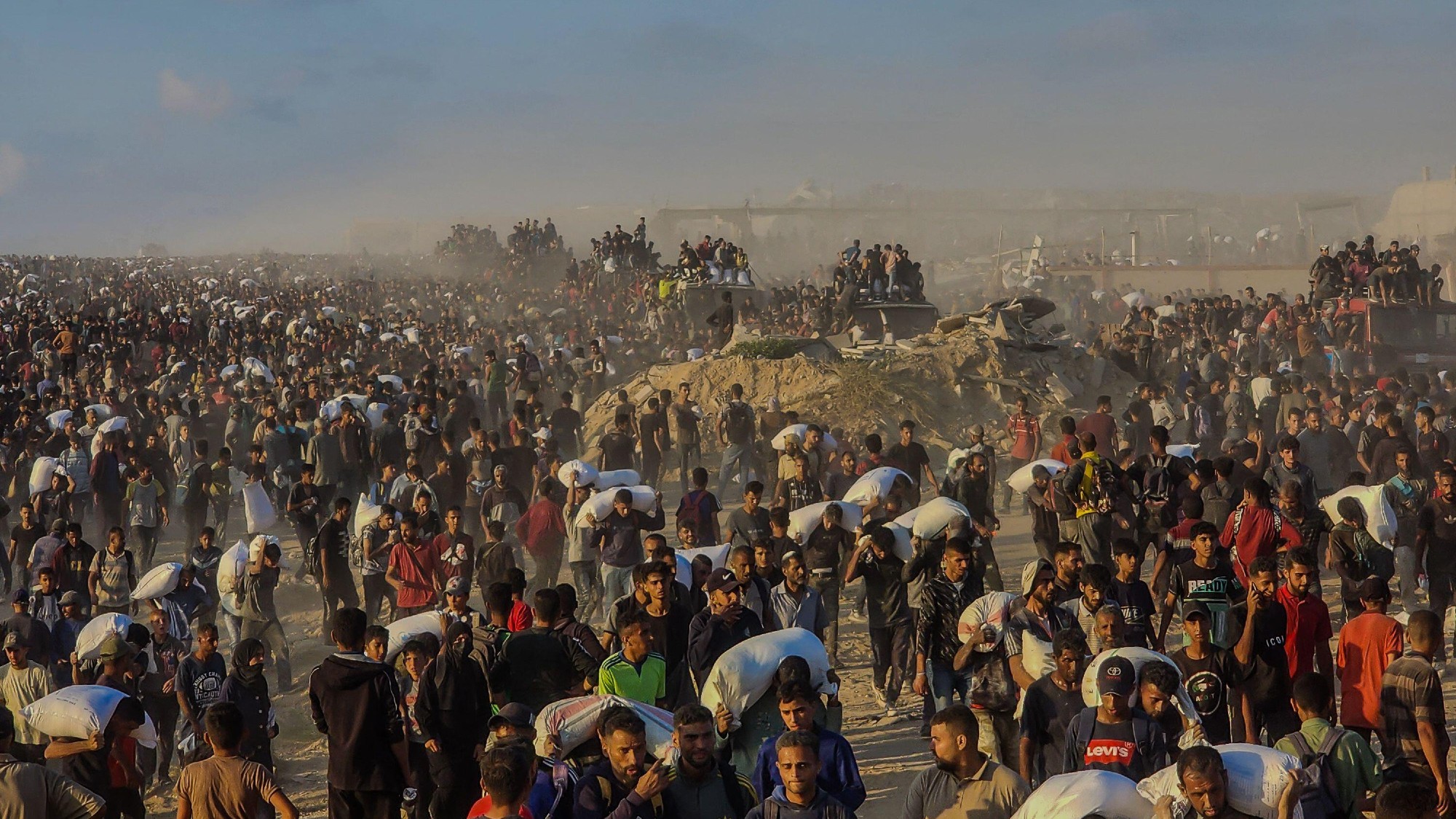 Why ‘anti-Islam’ bikers are guarding Gaza aid sites
Why ‘anti-Islam’ bikers are guarding Gaza aid sitesIn The Spotlight Members of Infidels MC, who regard themselves as modern Crusaders, among private security guards at Gaza Humanitarian Foundation sites
-
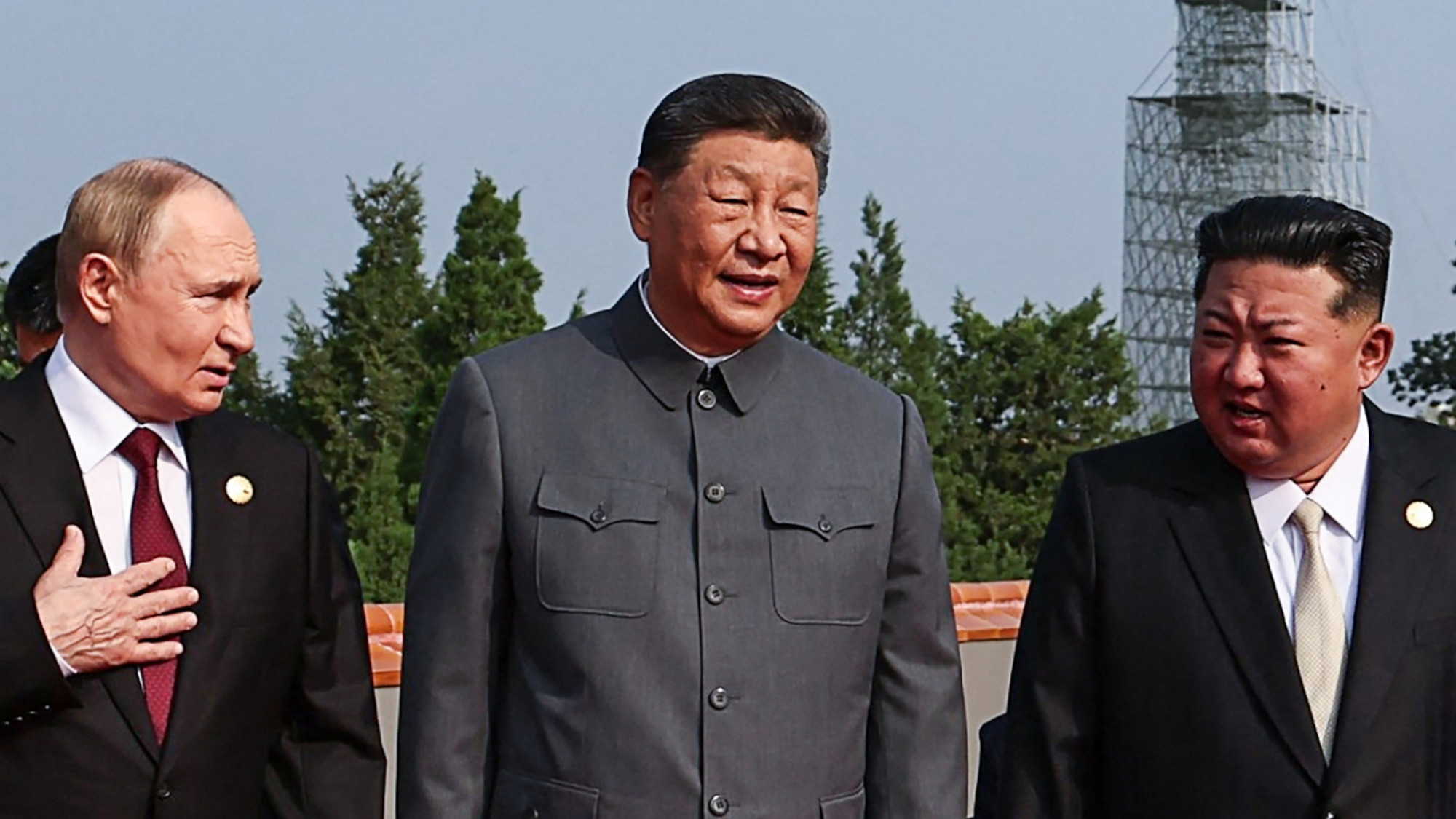 China: Xi seeks to fill America’s void
China: Xi seeks to fill America’s voidFeature Trump’s tariffs are pushing nations eastward as Xi Jinping focuses on strengthening ties with global leaders
-
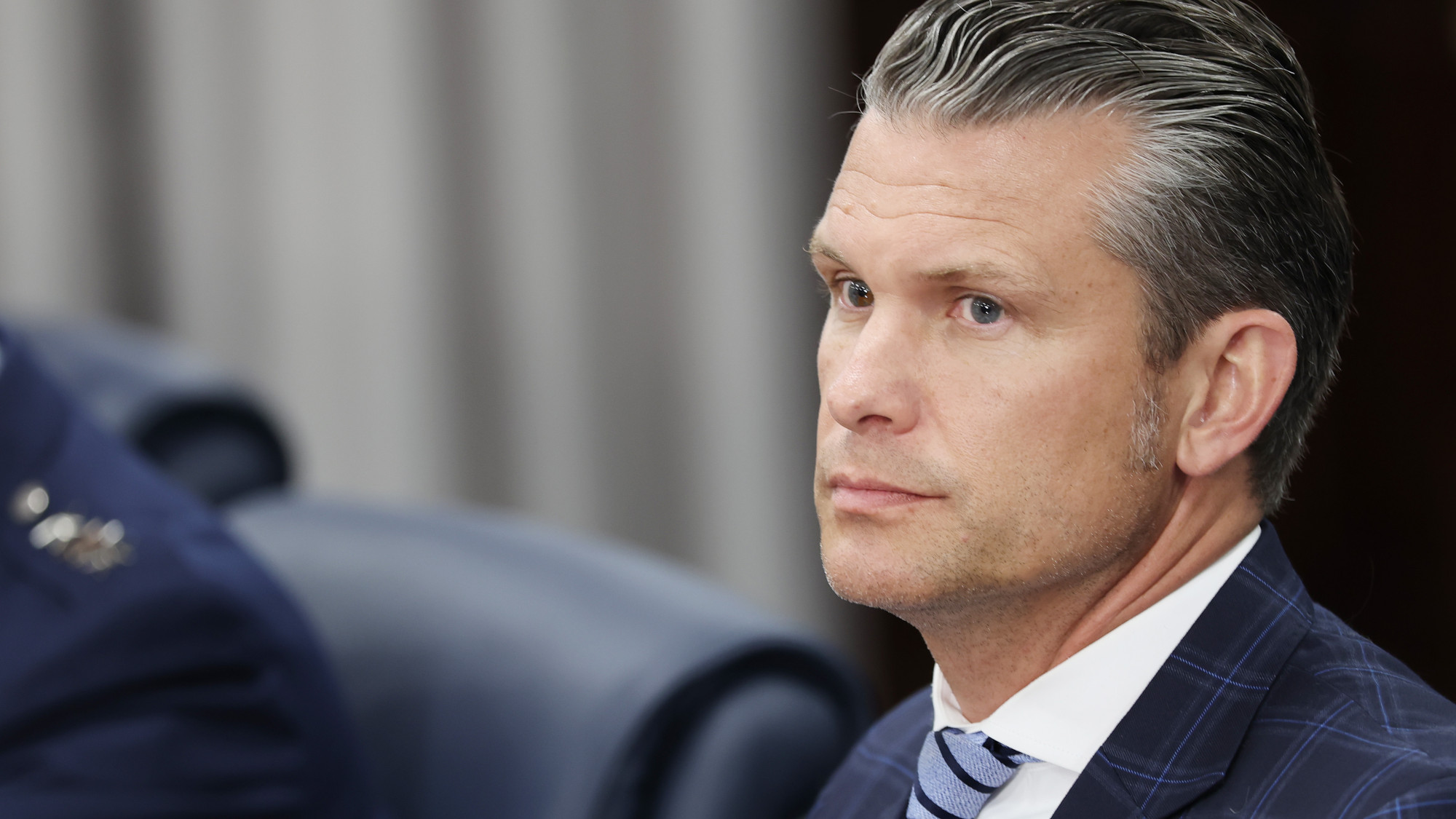 Rebrands: Bringing back the War Department
Rebrands: Bringing back the War DepartmentFeature Trump revives the Department of Defense’s former name
-
 Quit-smoking ads are being put out
Quit-smoking ads are being put outUnder the radar The dissolution of a government-funded campaign could lead to more smokers in the future
-
 Scientists are speeding up evolution
Scientists are speeding up evolutionUnder the radar Proteins can evolve in minutes
-
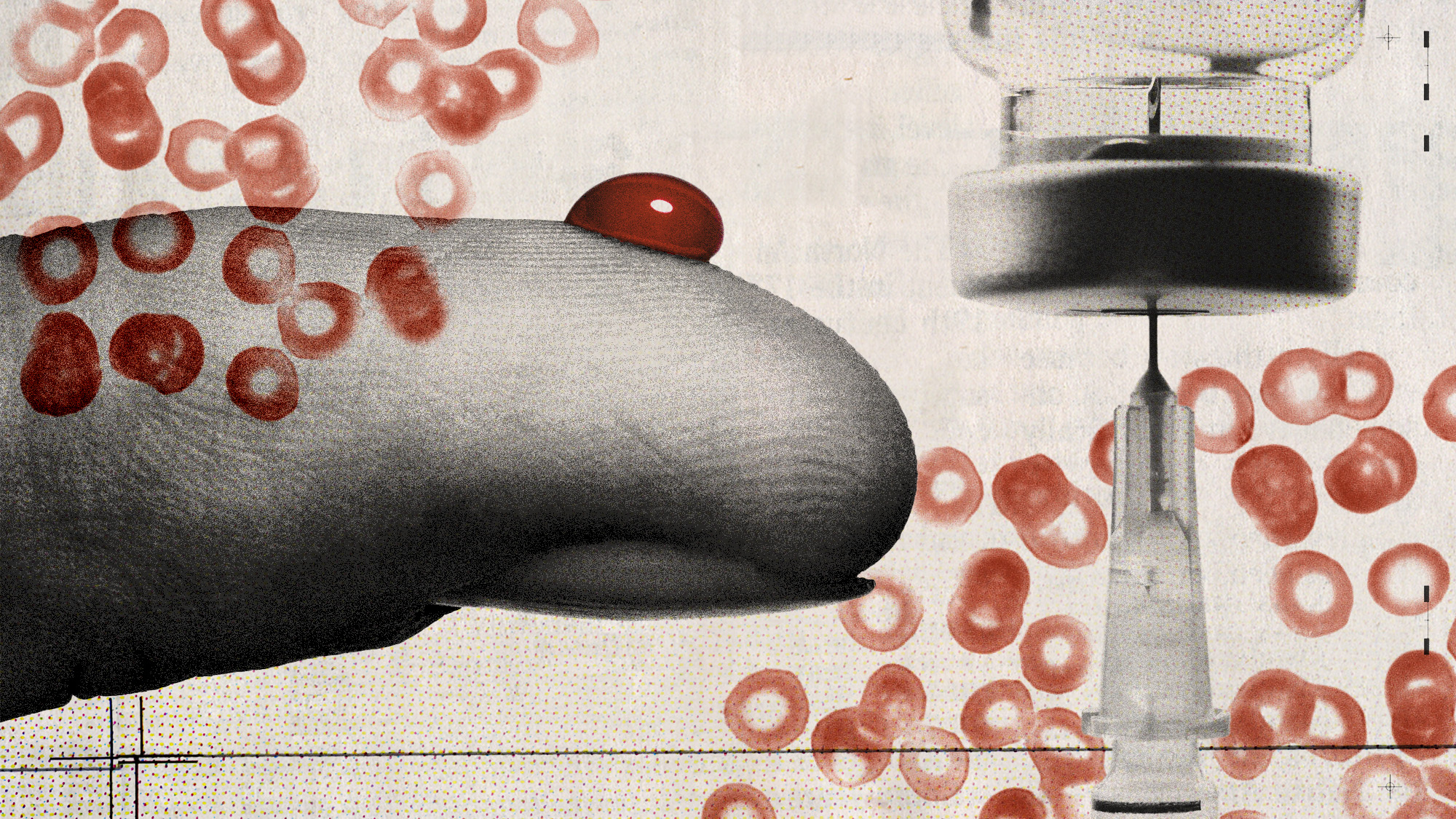 A new subtype of diabetes was found and it may require different treatment
A new subtype of diabetes was found and it may require different treatmentUnder the radar It is prevalent in Black Africans and Americans
-
 Forever chemicals were found in reusable menstrual products. That is nothing new for women.
Forever chemicals were found in reusable menstrual products. That is nothing new for women.Under the Radar Toxic chemicals are all too common in such products
-
 Food may contribute more to obesity than exercise
Food may contribute more to obesity than exerciseUnder the radar The devil's in the diet
-
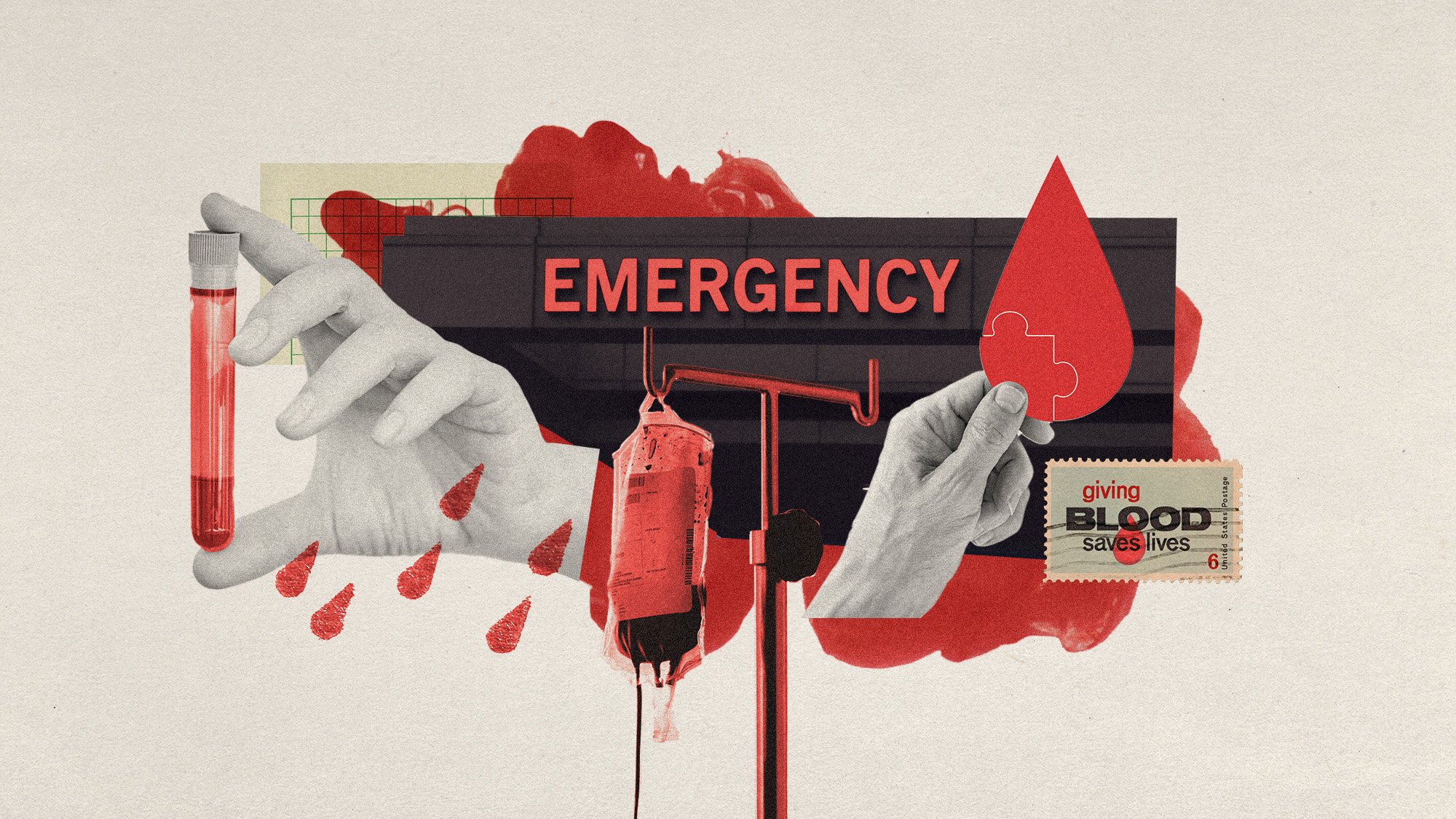 Scientists are developing artificial blood for use in emergencies
Scientists are developing artificial blood for use in emergenciesUnder the radar It could aid in global blood shortages
-
 Babies born using 3 people's DNA lack hereditary disease
Babies born using 3 people's DNA lack hereditary diseaseUnder the Radar The method could eliminate mutations for future generations
-
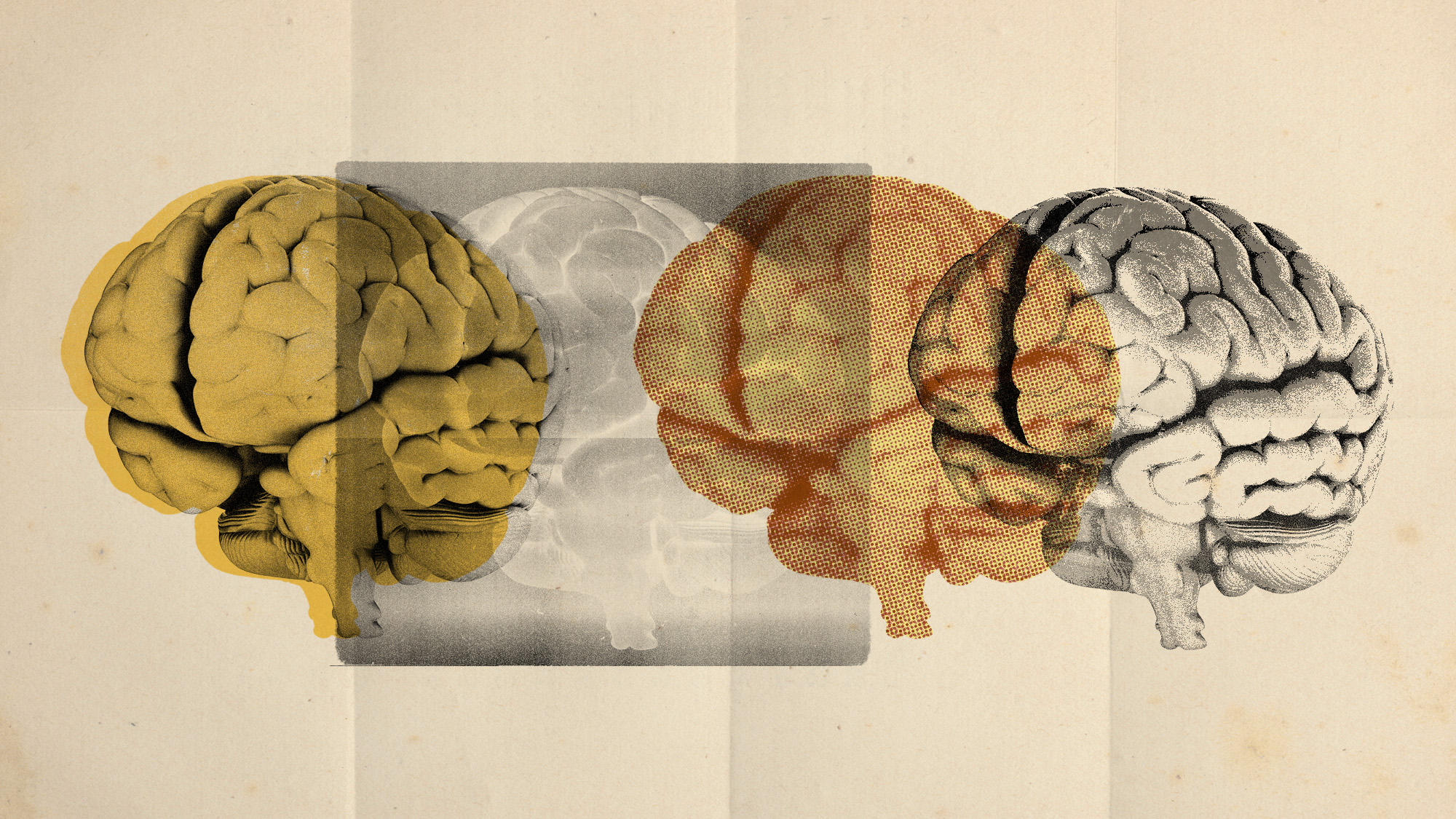 Scientists have identified 4 distinct autism subtypes
Scientists have identified 4 distinct autism subtypesUnder the radar They could lead to more accurate diagnosis and care